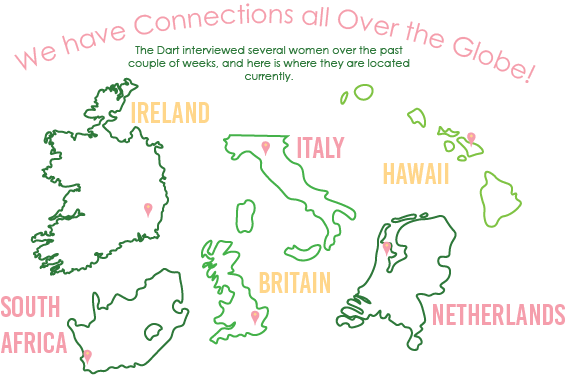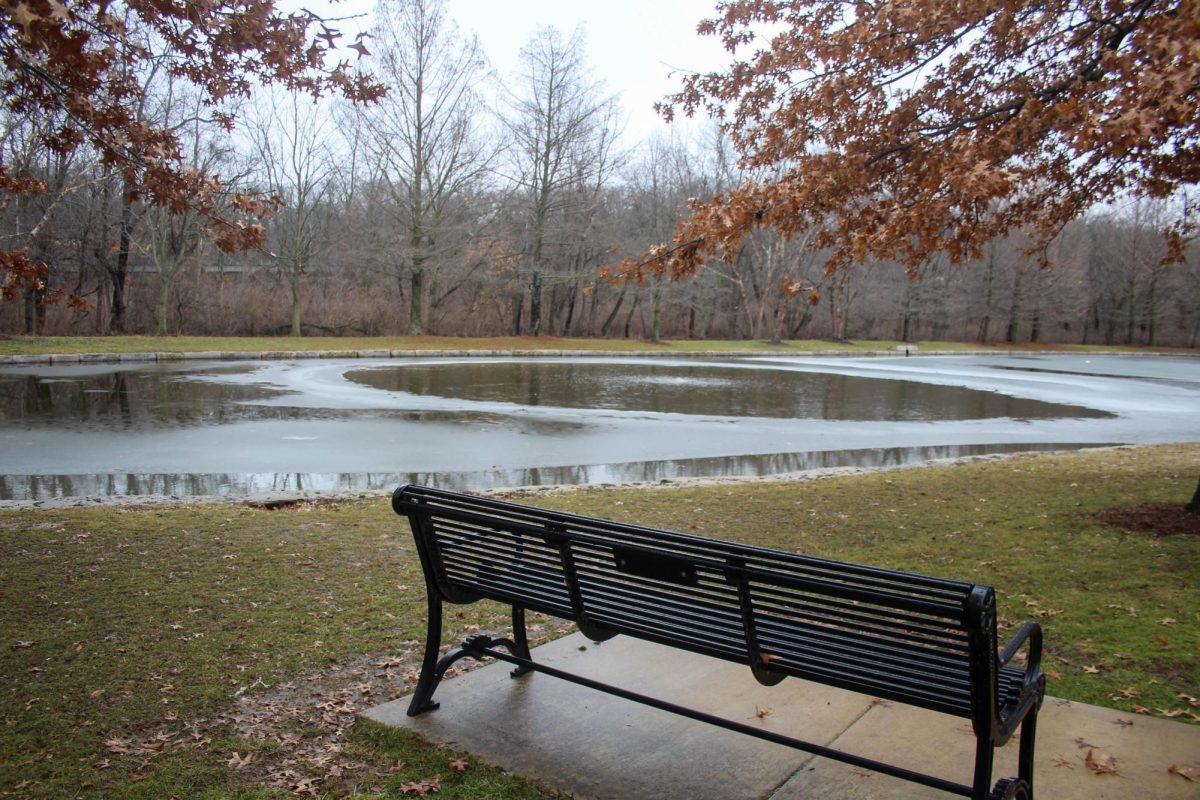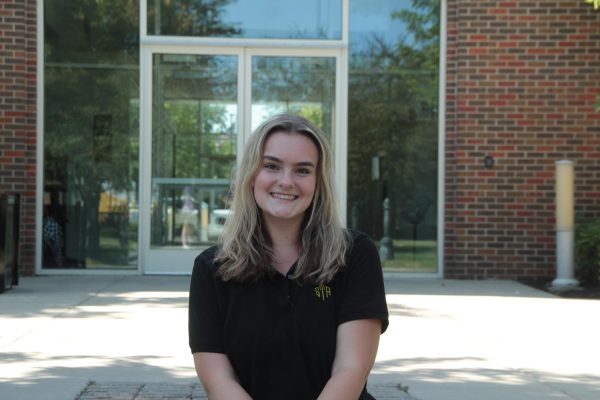Seniors who walk into the AP US Government and Politics and Government classroom are greeted by reminders of upcoming local elections. As students approach the legal voting age — some seniors already 18 themselves — news becomes a vital aspect of informed voting and participation in civic engagement.
On June 29, 2020, the World Health Organization (WHO) held a conference on “Infodemiology,” a term which they defined as the study of the influx of information which emerged during the COVID-19 pandemic. Since then, the WHO has continued to publish bi-weekly updates on misinformation and ways to fight it.
Government teacher Robert Flynn brings news into the classroom in order to enforce his students’ awareness of current events. He finds ways to tie news articles into his curriculum.
“I try to present some of the more important things, especially with having to do with the government,” Flynn said. “But we could examine anything in our life and the government’s going to touch it.”
Social media has played a major role in the rapid and significant spread of information, according to the WHO. In a poll of 34 STA students, 38.2 percent said they consume most of their news on social media platforms like Instagram or TikTok.
Senior Megan Turley has noticed this trend. She notes the amount of misinformation and the patterns in which it impacts students’ worldviews.
“I think a lot of people just get [news] from social media, which I do too,” Turley said. “[You get] really quick facts, you get the basics. But I think it can be really problematic, especially if you’re chronically online. I think some people get caught in a trap where they only get an echo chamber of things that they kind of agree with…and it’s not realistic.”
As high schoolers amidst the Infodemic, as well as in the Information age, students filter through more content than ever to find truth. In the student poll, only 8.8 percent said they feel completely comfortable with their ability to discern truth from falsehoods or exaggerations.
Sophomore Ski Rohlf has picked up on how social media contributes to the spread of distruth.
“I do see a lot of [misinformation] on TikTok and Instagram,” Rohlf said. “I feel like that affects students because a lot of people who are making their own personal videos are talking about their own personal experiences instead of the whole situation.”
Rohlf says she consumes news on many different platforms, from television to social media. She has strategies to confirm information that she sees online, but notices different tendencies in other students.
“I look for things that are victimizing one [party], making the other seem like the bad guy or things that are impartial,” Rohlf said. “I feel like a lot of my peers don’t read the news as often as older adults in my life, so we don’t often talk about issues that happen in the news.”
Flynn himself tries to stay away from social media. He does, however, see students trying to differentiate authenticity from inaccuracy, despite not having skills that come with age.
“One of the things that will improve with age is impulse control, typically as the brain continues to form,” Flynn said. “There is impulsiveness there, though, which may not be about being educated, but just by virtue of age. So active sharing would probably be a struggle [for students on social media].”
He offers some advice which he tries to convey in classes through sources like All Sides, which provides balanced news and bipartisan perspectives on current events.
“The skill is just to pause,” Flynn said. “If it sounds sensational or unbelievable. It’s probably for good reason and should not be believed.”
Turley feels like STA, as well as at her grade school, she has been given tools to access information in a positive way.
“At STA, we have a million different databases that we can get on if we need information,” Turley said. “And in my freshman journalism class, our teacher made us go through and decipher what part of an article was fake. Also, in my religion class, Ms. Harmon keeps things really recent. Like one of our projects was to make prayer cards for people in Gaza and then, she actually showed us two really in-depth videos about the history.”
Rohlf explained how her classes maintain pertinence with current events, but that there is still progress to be made to improve students’ abilities to decipher misinformation.
“I think in a lot of classes where current events are relevant like History and English, we do talk about the news sometimes,” Rohlf said. “I don’t know if we’re hearing enough about things that are going on right now, though.”
Turley is not yet 18, but many of her friends are. She says that she has seen students’ excitement as they vote for the first time, but that there are disparities between young people and adults’ knowledge about the political climate and attributes this to time spent on social media.
“I think it’s good to try to be literate and read the news and media,” Turley said. “But I also think it’s important to take a step back because sometimes, the internet is just not sustainable. I feel like a lot of people just don’t even know when to vote and what it’s for, or how to prepare.”
Through incorporating current events into coursework, providing information about opportunities for activism and research databases, STA vies to “educate young women to think critically.” Flynn believes that these strategies are empowering students through reliable information to form their own beliefs and implement them into the world around them.
“We have a lot of problems going on in the world,” Flynn said. “We need [young people] who are smart and motivated and passionate to go out there and solve them.”





